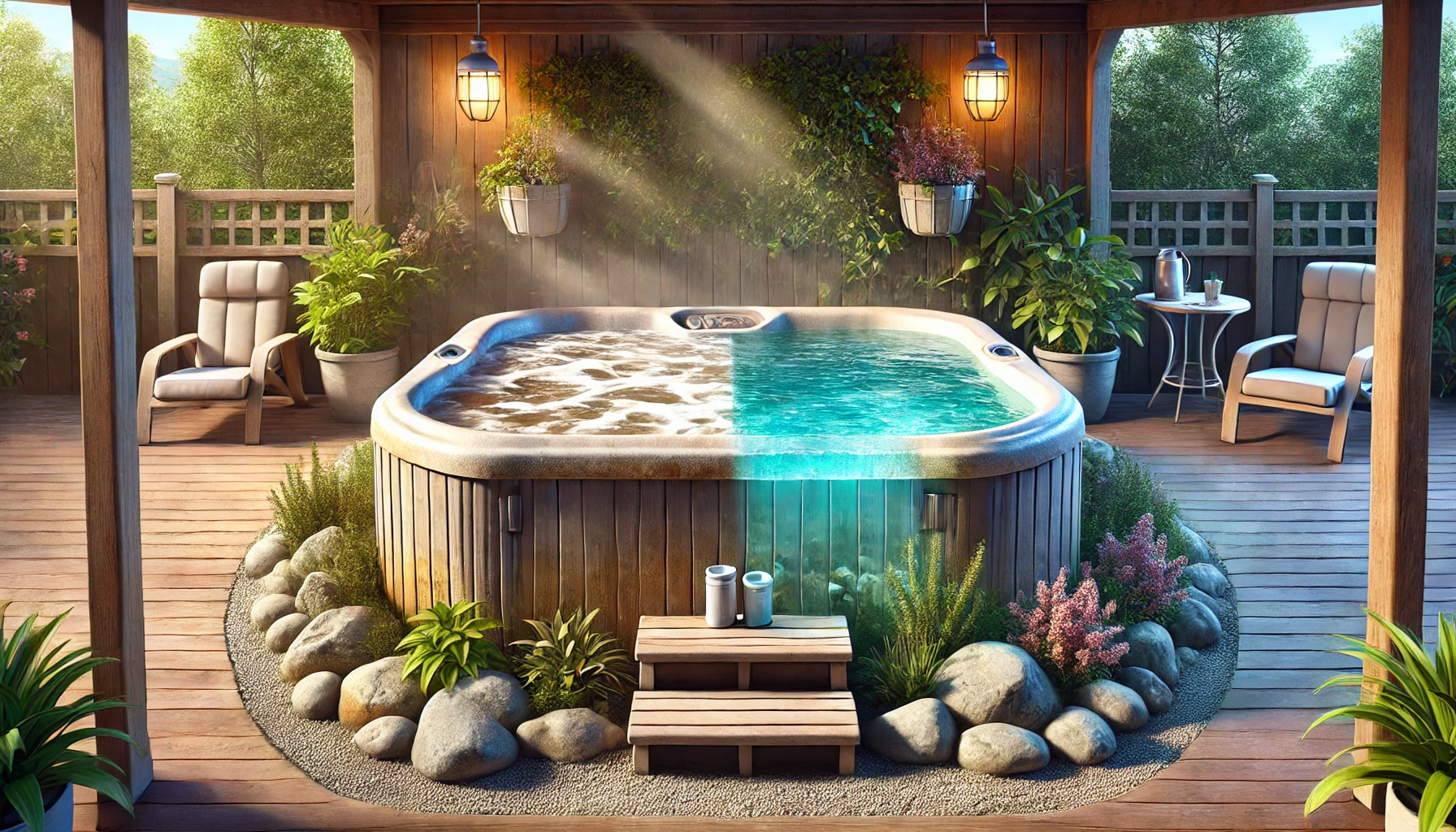
Overview
pH determines if your water is basic or alkaline. Translation: pH in a hot tub determines if your water is likely to cause corrosion or scaling. A well balanced pH, in coordination with other parameters, causes neither.
Why does this matter?
High pH in a hot tub unbalances the water, increasing the risk of scale formation. This buildup can strain and damage equipment, especially heaters and pumps. Low pH also unbalances the water, leading to potential corrosion. This corrosion can damage equipment over time, with heaters being especially vulnerable.
If you were reading carefully you may have noticed the use of the phrase “relative to other parameters.” There’s a pretty wide range of acceptable pH levels depending on other parameters such as Total Alkalinity, Calcium Hardness and water temperature.
pH levels also contribute to how well your sanitizer works in the hot tub. A high pH, for example, really lowers the effectiveness of chlorine to disinfect the water.
pH can also determine how irritating the water is to the bather. A high pH can lead to skin and eye irritation. Eyes have a pH of around 7.5 so in a perfect world the water would be balanced so that the pH lands at 7.4 to 7.6.
How do I measure pH?
pH is best measured by a calibrated pH meter (such as the Apera PH20) or using a comparator block found in many drop test kits. Test strips are too inaccurate to guide dosing decisions. I personally find difficulty reading the comparator block so I use the Apera PH20. When kept in storage solution and rinsed with pure water before and after usage, I find it to be extremely accurate and hold its calibration.
What is a good pH for my hot tub?
Roughly speaking, 7.2 to 7.8 is a good pH for a hot tub, though as mentioned above this could be allowed a tiny bit higher or lower depending on other parameters.
How do I change pH in my hot tub?
Most commonly you’ll change pH by using pH down (Dry Acid), Muriatic Acid, pH up or aeration.
- pH down (Dry Acid) will lower both the pH and the TA.
- Muriatic Acid will lower both the pH and the TA but won’t add sulfates to the water that can damage heaters.
- pH up will increase both the pH and the TA.
- Aeration (running jets with air valves open) will raise the pH without raising TA.